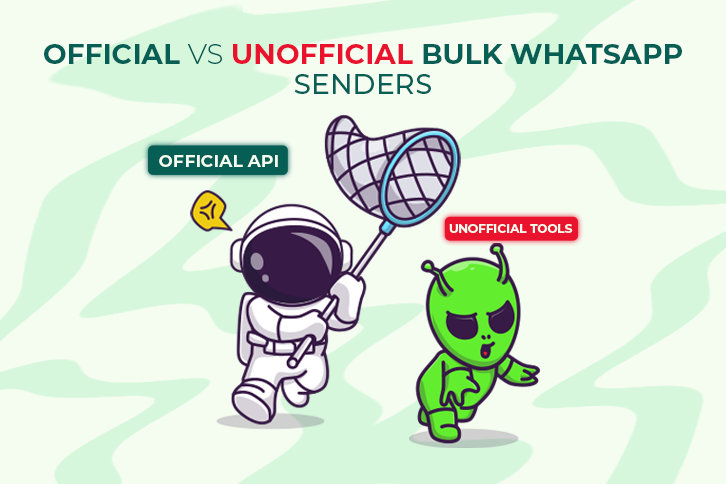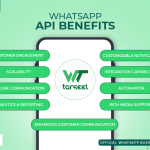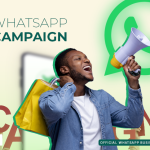Official vs Unofficial WhatsApp Bulk Senders: What Every Business Must Know
The right way to reach your customers — without losing your business account.
Let’s start with a real situation.
Last year, a small online store decided to send promotional messages to its customers through WhatsApp. They found a tool on the internet that promised to send thousands of messages in one go, without needing any approval or business verification.
They thought, “Why not save time and money?”
But within two days, their WhatsApp number was blocked. Suddenly, they couldn’t reply to their customers. No more order confirmations. No updates. No chats.
Just like that, their business went silent. Customers got frustrated. Some even asked for refunds. And it all happened because they chose the wrong way to send bulk messages.
Now you might be wondering — how did this happen? Let’s break it down.
“It’s not just the message that got blocked — the business’s connection to customers was gone.”
What is WhatsApp Bulk Messaging?
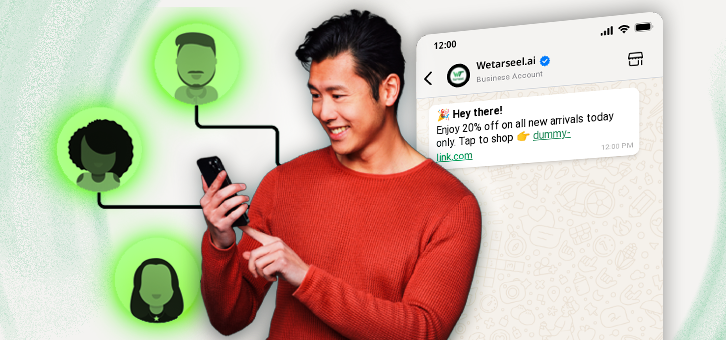
Bulk messaging on WhatsApp means sending one message to many people at the same time. It’s not like a group chat. Each person receives the message individually. So it feels personal.
Businesses use it to:
- Tell customers about new offers or discounts
- Send updates about orders or deliveries
- Remind people of appointments
- Ask for feedback or reviews
- List Reconnect with customers who haven’t replied in a while
Because people check WhatsApp so often, messages here are usually read within minutes. That’s why businesses love it.
But here’s the thing — how you send those messages really matters.
The Two Ways to Send Bulk WhatsApp Messages
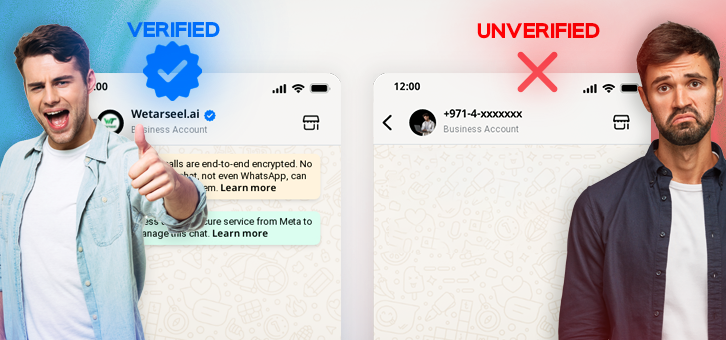
This is WhatsApp’s proper system for businesses. You apply for it through WhatsApp’s approved partners, and once you’re verified, you can:
Send bulk messages legally
Automate replies
Use chatbots and tools to manage chats
Keep your customer data safe
Build trust with verified business profiles
It follows all the rules, and WhatsApp supports it.
These are random tools that claim they can send thousands of messages without needing any approval.
At first, they seem cheap and easy. But they:
Break WhatsApp’s rules
Can get your number blocked
Don’t keep your data secure
Can look spammy to customers
Usually don’t work well in the long run
✅ Why Choose the Official WhatsApp Business API?
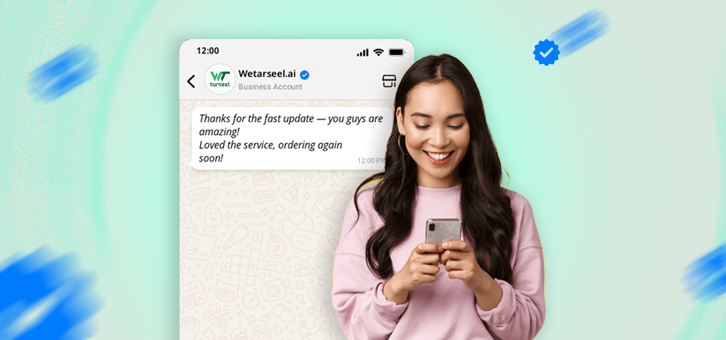
Compliance: Adheres to WhatsApp’s policies, minimizing legal risks.
Security: Provides robust data protection and encryption.
Features: Supports automation, analytics, and CRM integration.
Scalability: Handles high volumes of messages efficiently.
Customer Trust: Verified profiles enhance brand credibility.
Partnering with an official Business Solution Provider (BSP) ensures you leverage WhatsApp’s full potential while maintaining compliance and customer trust
Final Thoughts
The allure of quick, cheap messaging solutions can be tempting, but the risks associated with unofficial WhatsApp bulk messaging tools far outweigh the benefits. For sustainable growth and customer trust, investing in the official WhatsApp Business API is the smart choice.
"Don’t let a shortcut damage years of trust. Choose the official way."
📌 FAQs
Q: Can I use the WhatsApp Business App for bulk messaging?
A: The WhatsApp Business App has limitations, such as a cap of 256 recipients per broadcast and lack of automation features. For large-scale messaging, the WhatsApp Business API is more suitable.
Q: How do I get started with the WhatsApp Business API?
A: You can apply through an official WhatsApp Business Solution Provider (BSP) who will guide you through the setup and approval process.
What is WhatsApp Business API: The Complete Guide (2025)
Q: Is it more expensive to use the official API?
A: While there may be costs associated with using the official API, the investment ensures compliance, security, and access to advanced features, which can lead to better ROI in the long term. Also, WhatsApp Business API like Wetarseel are very cost-effective.
How Wetarseel’s WhatsApp API Transforming Business-Customer Interactions
Start using whatsapp API Now Scale your business
Have what it takes to be one of us.
14-day trial, no credit card required.

